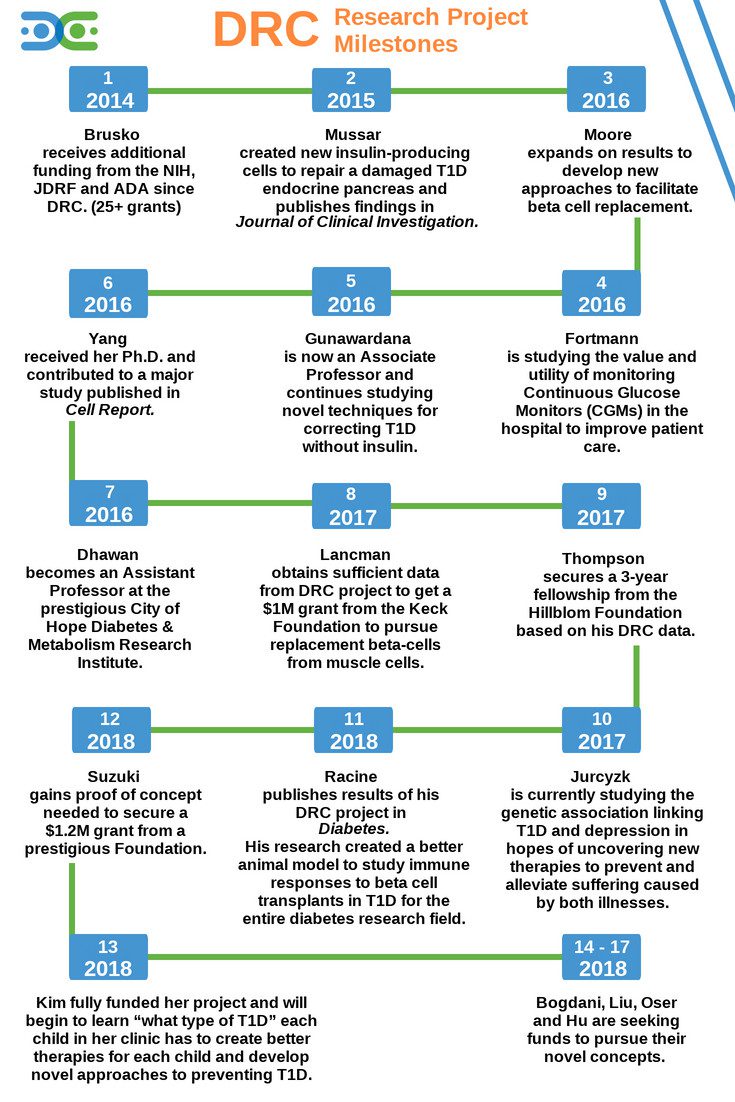New and innovative research is essential to continuing to expand scientific knowledge and improve the future of healthcare. Yet over the years, the biomedical community has seen a troubling downward trend in funding, support, and opportunities for young researchers. A study published in the Proceedings of the National Academy of Sciences of the United States of America investigated some potential factors for why investigators are struggling early on in their careers and not receiving as much funding to stimulate independent research.
For years, attaining an R01 from the National Institutes of Health (NIH) has been a prerequisite for young biomedical researchers to become independent investigators and start their own laboratories. Yet the average age that they receive their first R01 has steadily increased from less than 38 years old in 1980 to more than 45 years old in 2013. In 1980, 5.6% of grant funding went to investigators who were younger than 36, but by 2012, this had dropped to just 1.3%. Principal investigators over age 65 are awarded more than twice as many R01s as those under age 36.
It has become increasingly challenging for young scientists to secure necessary funds to advance their careers in research. In turn, this puts future generations of biomedical researchers in jeopardy because more scientists are becoming disheartened and exploring other career paths. It also disrupts the emergence of scientific breakthroughs from bright young minds with untapped potential.
There are many reasons why young investigators may be losing out on the fight for NIH funding. For one, some are spending more time in post-doctoral programs training and it is taking longer for them to secure faculty positions. There may also be unintentional bias from review committees to select more established investigators who have a proven track record of success rather than taking a risk on unknown scientists. Funding has been reduced over the years making the competition fiercer and the awarding of grants increasingly selective. This also means that universities must shoulder a larger portion of the costs associated with supporting research endeavors.
The Diabetes Research Connection (DRC) is reversing this trend by funding early-career scientists who then leverage funding from DRC to seek additional funding from larger foundations and NIH.

DRC is supporting the next generation by directing its fundraising toward early-career scientists. It recognizes that mainstream funding is highly competitive, and, as the above research has shown, is less frequently awarded to young researchers. Through DRC, scientists receive up to $70,000 from donors for their research projects, which can be enough to give them a strong foundation to conduct novel research related to type 1 diabetes. To learn more about current projects and support these efforts, visit http://diabetesresearchconnection.org.




